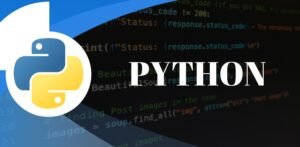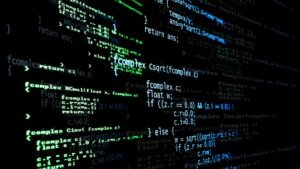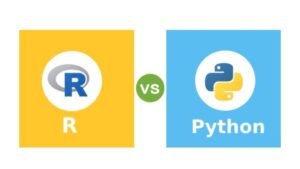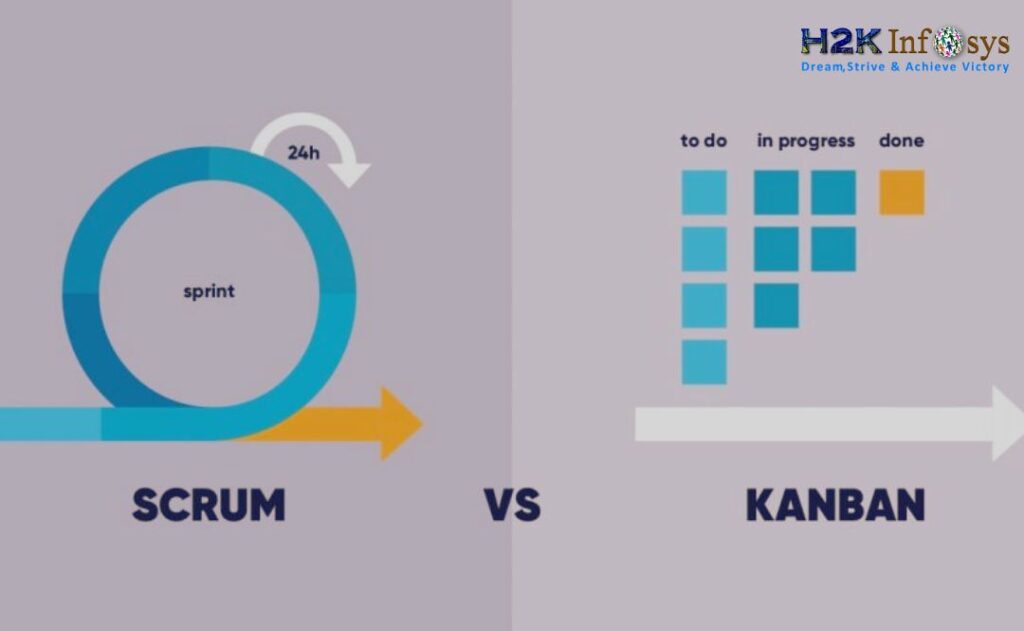As the need and the solution have come together in recent years, research has focused on organising and enhancing data destruction, enhancing the benefits to user privacy legally through more reliable and secure ways of destruction and protection.
An scholarly essay published in 2019 discussed the importance of data protection as a way to lessen impending privacy issues. In particular, an updated framework based on the current General Data Protection Regulation of the European Union has been offered by researchers of the study published in The Journal of Public Policy & Marketing.
Building on parallels between property and privacy, this new model proposes that three hierarchical processes (the 3Rs) are necessary for interdependent peer protection. These steps are to realise, recognize, and respect. The study’s authors discovered that in cases when private businesses and other Data Destruction collectors have performed best at protecting user data at these three points in time, authorities have typically fallen short.
Erasure and the destruction of data play a major role in this new system. Companies and organisations across industries need to guarantee that sensitive data will eventually be erased or wiped in order to operate responsibly in the ways that they gather and analyse user data. Users will be far more likely to stay safe in the event of breaches, leaks, or hacks if their previously used data has been cleansed and wiped, making it nonexistent and so unreachable.
Just as data collection, analysis, buying/selling, and deletion rules change between organisations and enterprises, they also actually vary from one country to the next. Global firms must comply with both their home countries and their end-user’s legislation, as there is no universally applicable mandate that specifies how data should be collected. Check out the online Data science training to find out more.
For instance, let’s take a quick look at US policy about data destruction. Businesses and websites are not required to remove or erase user data if they have no accountability or consequences for collecting, analysing, and selling user data without consent or knowledge from users.
Given that users are not obligated to be notified of data breaches, leaks, or hacks, this issue becomes even more important. Websites and organisations can gather an infinite quantity of data without facing consequences for improper disposal because there is currently no policy or duty for data removal. Although some companies have started to put in place procedures for destroying data in an effort to protect user privacy, aspiring data scientists may actively effect change in a world where data is becoming more and more sensitive.
How Data Sanitization Improves Business Operations
Businesses gain a great deal from sophisticated, proactive data sanitization procedures, just as effective and secure data destruction procedures consistently guarantee the security of users’ data. A strong internal data deletion policy is one essential component of data security that helps keep a company focused on its own expansion objectives.
For organisations of every scale, but particularly for smaller ones, the ramifications of having a weak or inadequate data protection policy are severe. As a matter of fact, following a breach, hack, leak, or cyberattack, 60% of all small firms in the United States are forced to close within six months. The limitations of data sanitization are at the heart of the many and different grounds for closure.
A company’s data eventually becomes hacked and it is held accountable for the compromised data when it suffers a cyberattack and maintains a cache of unpurged, needlessly retained user data. Due to the high and quick legal defence costs, many small firms are forced to close their doors forever. In the event of a breach or assault, data sanitization software and associated deployment procedures are essential for keeping organisations operational as they are dependable preventive measures that safeguard user data.
Careers that Implement Data Destruction and Data Sanitization
Almost every industry in the world today needs a data science professional to make sure that sensitive data is protected from leaks and hacks, in addition to the increasingly popular and in-demand careers in analysis and storytelling. This extra layer of knowledge results in significant job growth, increased earning potential, and increased demand for seasoned thought leaders with degrees in data protection-related professions.
In addition to the well-known fields of database administration and data analysis, which provide vital infrastructure to safeguard user data, there is also the expanding discipline of criminal intelligence. Examine how data science for law enforcement uses cutting-edge instruments and procedures, such as data destruction, to prevent cyberattacks, preserve user data, and keep businesses operating. This is just one example of how data science may be used in the industry.
The nexus of cybersecurity and data science is becoming more and more evident as we learn more about how proactive data deletion rules can stop potentially harmful occurrences from happening. Layers of influence are becoming more precisely defined and sought after as profitable career options, and sophisticated expertise is becoming more in demand within an already expansive and demanding field of job growth.
Conclusion
To learn more about Data Destruction and its benefits to our everyday business, check out our Data science course online.




























